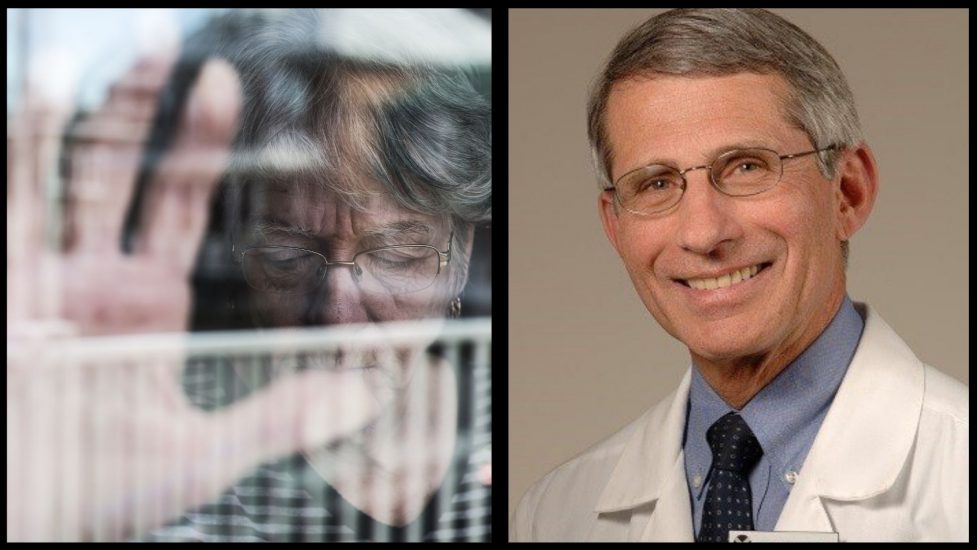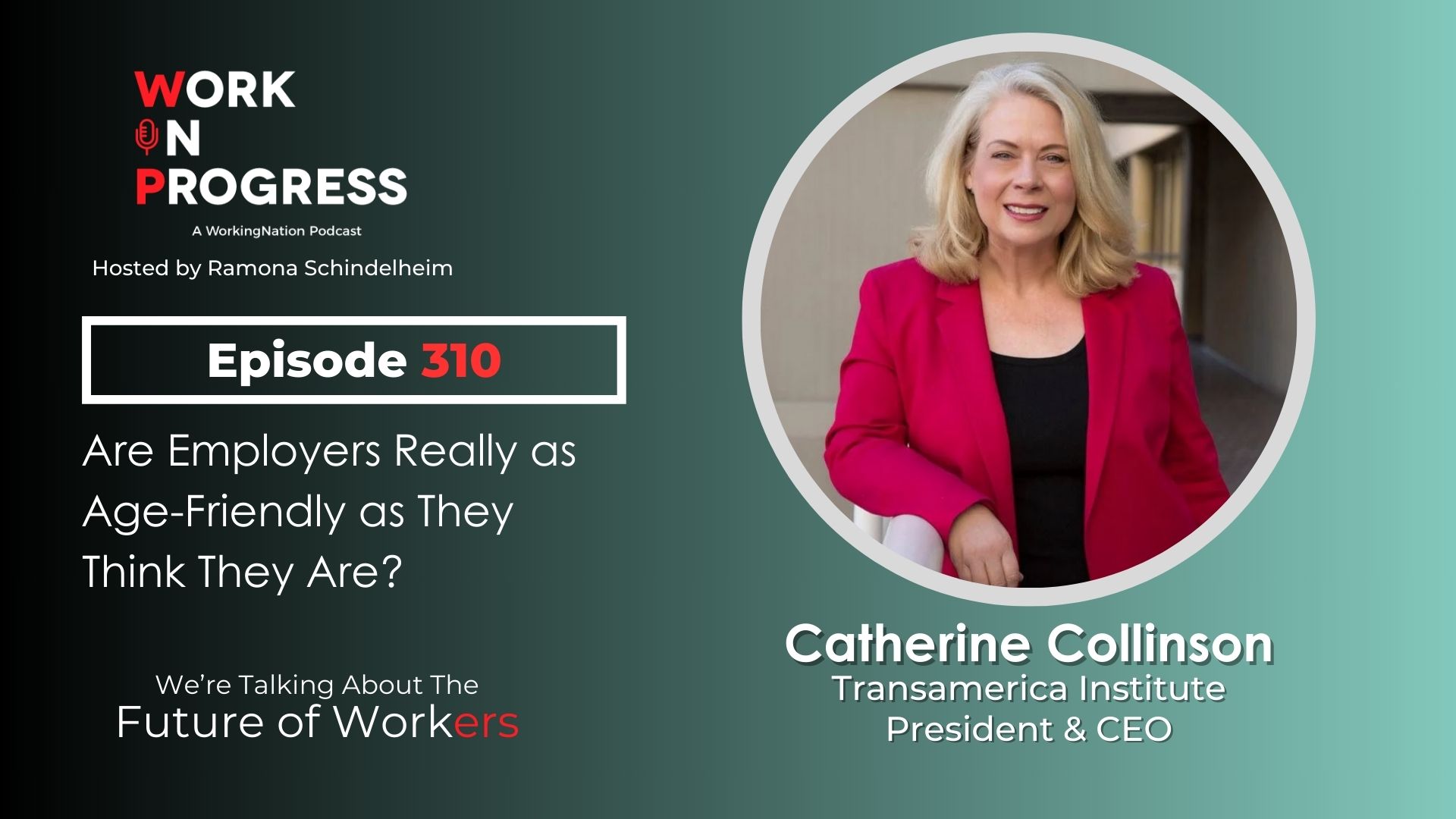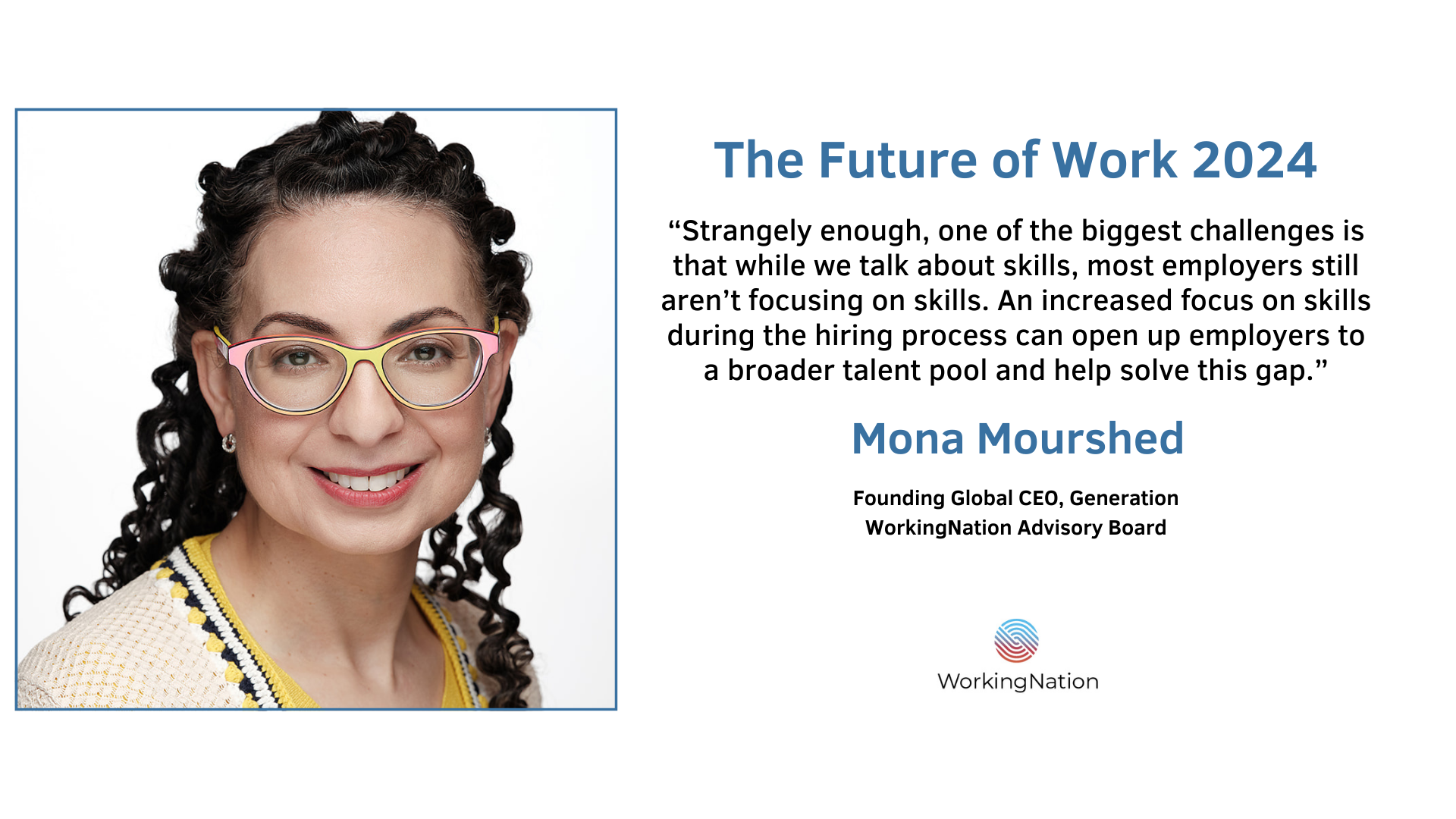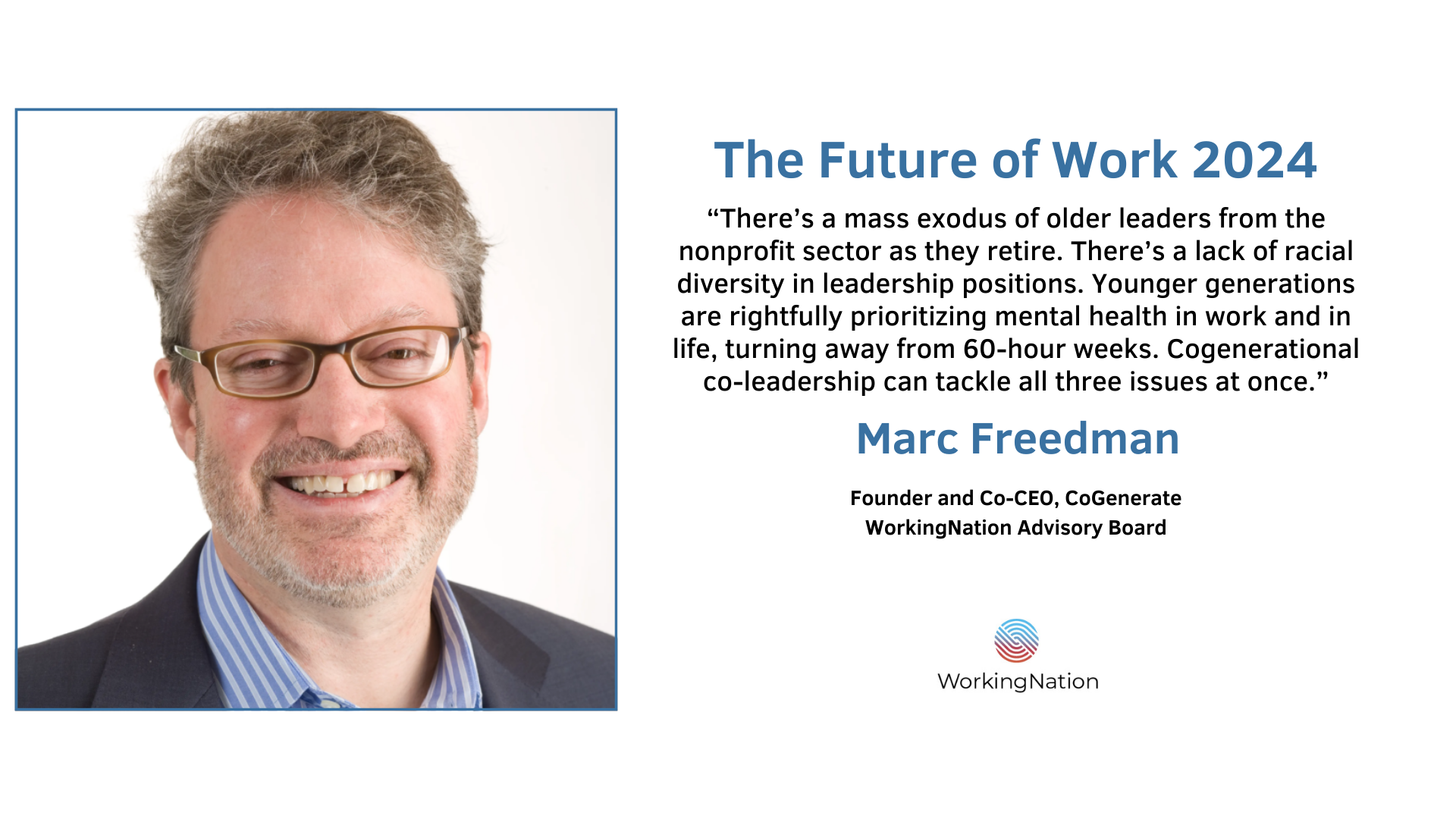As I watch the news these days, I can’t help but be struck by two seemingly incompatible images of older people and aging.
One is an image of frail and needy elders, cut off from society, waving from behind the windows of their nursing homes, their vulnerability underscored by soaring death rates for people over 60.
The other is an image of Dr. Anthony Fauci, who will turn 80 this year. For those brave enough to watch the news, he is everywhere—the epitome of health, vigor, wisdom, courage, and leadership. Nobody is telling him to shutter himself from society and wait for the grocery delivery.
There is a wider truth to both images.
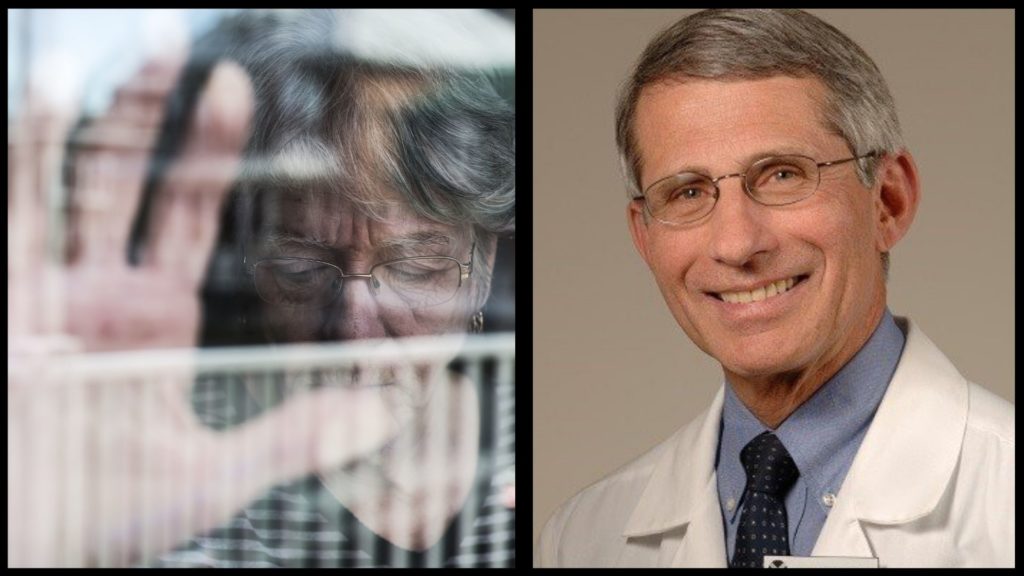
Loneliness, isolation and vulnerability are undeniable problems for millions of older people throughout the world. And yet, for all we hear about the needs of older people, many in their later years serve others, remaining pillars in their communities and leaders in responding to the virus.
Last week, tens of thousands of retired doctors and nurses across the nation volunteered to help treat the sick in New York City. Others are working through this crisis as health workers, hospital custodians, and home health aides, as teachers offering lessons via Zoom and Skype, as drivers delivering meals.
Millions over 60 are volunteering to help care for and feed those who are homeless—and those who are neighbors. Some provide virtual help to young people, supporting a text line for teens in crisis, offering college-planning and career advice to low-income high school students, reading stories virtually to young people in their lives.
While we’re going through this crisis and when it’s over, we must remember that these seemingly incompatible images of older people—one characterized by loneliness and disconnection, the other by the capacity to connect and contribute—are, in fact, often intimately and inextricably linked.
As many studies show, the more we help people over 60 to engage, to serve, to find purpose and connection, the more resistant they will be to the loneliness epidemic, the more fulfilled they’ll be in general, and the stronger the social fabric will be for all of us.
Yes, some of us are vigorous, others vulnerable. But most of us will find that our later years include some of both. We may not have Dr. Fauci’s expertise or stamina, but for as long as we are able, we can find in our own lives his sense of purpose, his drive to help others.
By contributing in real ways during and after this crisis, we can do well and do good, for ourselves, for our communities, for generations to come.
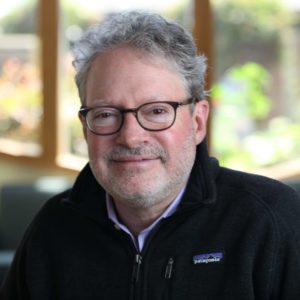
Marc Freedman, founder and CEO of Encore.org, is the author of How to Live Forever: The Enduring Power of Connecting the Generations.
He is also a member of the WorkingNation Advisory Board.
This Op-Ed originally appeared on the Encore.org website and is republished with the organization’s permission.

